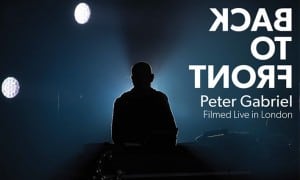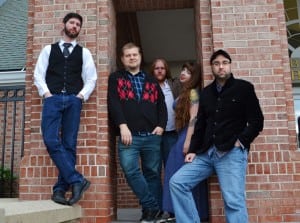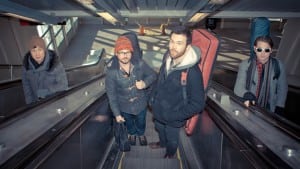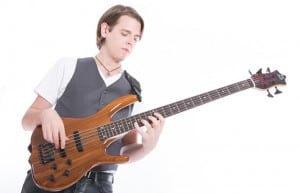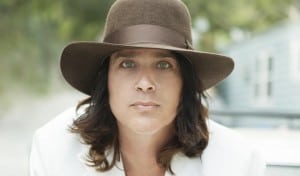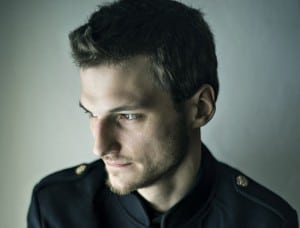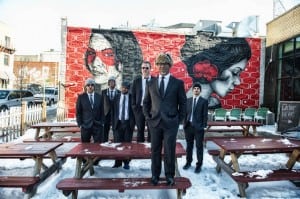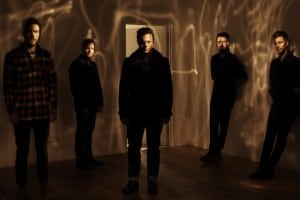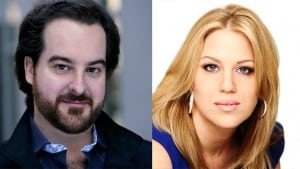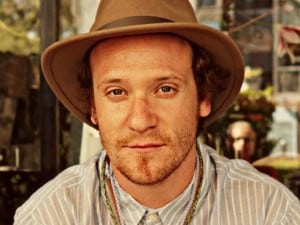This month, not only will Peter Gabriel, one of the most innovative artists of modern times, be honored with an induction into the Rock & Roll Hall Of Fame, but his cinema event Peter Gabriel: Back To Front will have a nationwide screening on Wed, April 23 at around more than 20 locations throughout Southern California and in more than 400 movie theaters nationwide. The film was produced and presented by Fathom Events, More2Screen, Eagle Rock Entertainment and Real World.
Commemorating the 25th Anniversary of the landmark album So, Gabriel performs for this very special concert directed by BAFTA winner Hamish Hamilton (who also directed the 82nd Annual Academy Awards, 2010 Super Bowl halftime show, concert DVDs by The Rolling Stones, Britney Spears, Justin Timberlake, Madonna, U2, and more). Back To Front was filmed in October 2013 at London’s famed O2 Arena. The show highlights some of Gabriel’s biggest hits like “Digging In The Dirt,” “Sledgehammer,” “Mercy Street,” “Don’t Give Up,” and “Solsbury Hill.”
This spectacular performance reunites Peter with his original touring band from 1986 to help cover all his most well known hits and more. Throughout the event, cinema audiences will also get a deeper look into the multi-dimensional artist through the seamless use of subtle commentary and exclusive interviews with those closest to him.
Tickets are available at the Fathom Events website. If online ticketing is not available for your location, you can purchase your tickets by visiting the box office at your local participating cinema.
